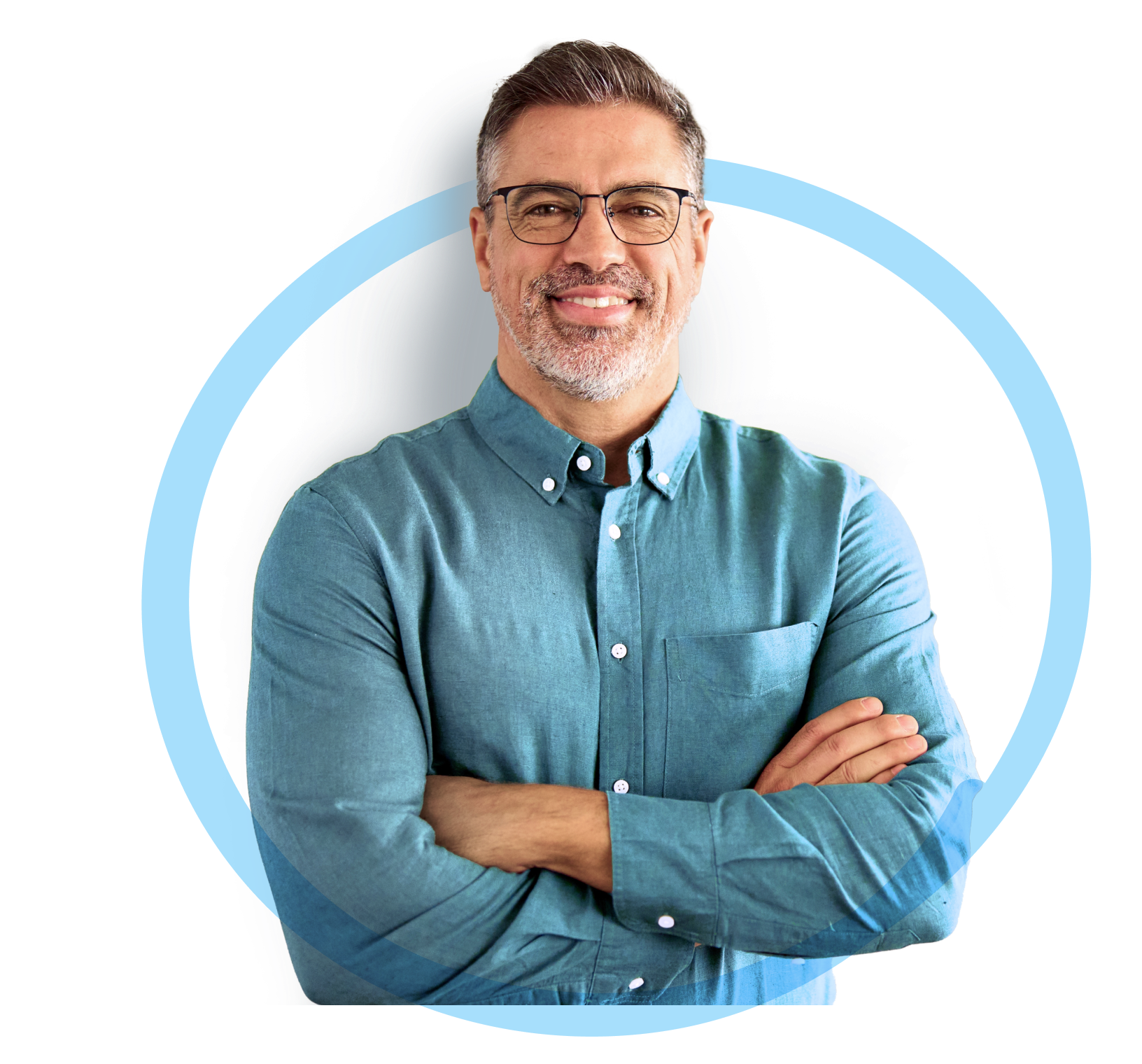Sign up with the only executive coaching certification company designed specifically for busy professionals seeking a practical, flexible, and efficient path to certification.
Our executive coaching training programs offer a unique experience unlike any other in the market combining engaging live webinars with on demand, self-paced learning modules.
Get started with your program immediately after registering, no waiting for the next session to start!
ACCREDITATIONS

The Center for Executive Coaching offers a unique blend of practical training and community support for those who are brand new to coaching and experienced coaches alike. No other program matches our flexibility, tools, community, or real-world application and focus on results for clients. And, for those who aspire to launch their own practice, our business development advice, tools, and support are unparalleled.
Gain certification through our engaging interactive classes, hands-on practice, comprehensive tools, and personalized support — all done at your own pace and all counting toward a future ICF designation if you desire.

The most straightforward and flexible path to ICF certification in the market, covering all live training hours necessary for Associate Certified Coach (ACC) or Professional Certified Coach (PCC).

A flexible, efficient way to earn the growing Board Certified Coach (BCC) designation and broaden your coaching abilities.

Our Certified Team Coach program elevates your coaching services to address a rapidly growing need and equips you with a versatile toolkit for both internal and external clients.

Get the same comprehensive certification and resources as our Core program, tailored for individuals who prefer the engagement of in-person, accelerated learning.

Enjoy the same comprehensive certification and resources from our Core program while completing certification virtually in just 2-3 days.

Get a full library of comprehensive and proven tools and be part of a supportive community to improve coaching outcomes and your business.

Knowing which path is right for you is as simple as answering a few questions: Do you plan to pursue an ICF designation? Do you learn better in a self-paced or an accelerated program? Do you prefer an in-person or a virtual experience? Download the guide to find the right coaching program for you.
We offer specialized programs tailored to the unique needs of organizations looking to develop internal coaching expertise or for consulting firms looking to build coaching capabilities into their practices.